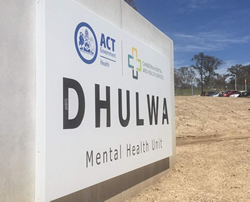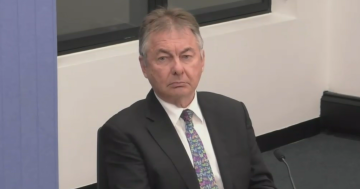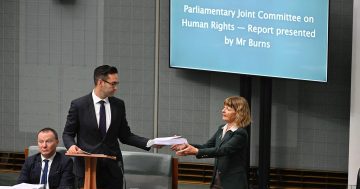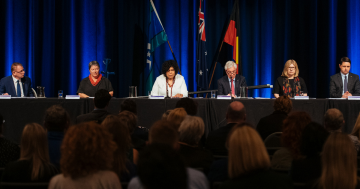 The Dhulwa Secure Mental Health Unit in Symonston suffers from a persistent and pervasive poor safety culture according to an Inquiry into its Legislative, Workplace Governance and Clinical Frameworks which has released its final report.
The Dhulwa Secure Mental Health Unit in Symonston suffers from a persistent and pervasive poor safety culture according to an Inquiry into its Legislative, Workplace Governance and Clinical Frameworks which has released its final report.
Commenting on the final report the Minister for Mental Health, Emma Davidson said the Inquiry was commissioned by the ACT Government in acknowledgement of the seriousness of the workplace safety and clinical practice issues raised at Dhulwa earlier this year.
“The Inquiry’s final report makes for difficult reading,” Ms Davidson said.
“It highlights that the current workplace and clinical frameworks are not meeting the needs of consumers and staff, impacting the quality of care delivered to Canberrans with mental health needs,” she said.
“We are taking the recommendations in this report very seriously and will work across Canberra Health Services (CHS) and Dhulwa leadership and with unions and employees to ensure we have an integrated and coordinated response.”
In the Final report: Inquiry into the Legislative, Workplace Governance and Clinical Frameworks of Dhulwa Secure Mental Health Unit, the Chair of the Inquiry Board, Barbara Deegan said complex and unsettled governance arrangements at Dhulwa had likely precipitated “significant and concerning workplace safety and clinical practice matters”.
“The information gathered from submissions, interviews and review of procedural documents indicates that there is a persistent and pervasive poor safety culture at Dhulwa,” Ms Deegan said.
She said the Inquiry’s key findings reached into all aspects of the Unit and identified issues that were hampering the efforts and commitment made by parts of the workforce to drive continuous improvements and create a safe environment.
The Inquiry’s key findings include that Dhulaw’s Model of Care was unclear; a lack of consistent leadership, effective consultation and clear communication contributed to a poor work culture; and Work, Health and Safety (WHS) and clinical governance frameworks at Dhulwa did not appear to take a best practice approach to risk management.
“The Dhulwa workforce does not appear to have had the support, training and development required to manage the complexity of the consumers admitted to the Unit,” Ms Deegan said.
She said the Inquiry’s 25 recommendations were broad, focusing on clinical care and service delivery, WHS, workplace relations, governance, leadership, culture and engagement.
The 86-page Final Report can be accessed at this PS News link.












